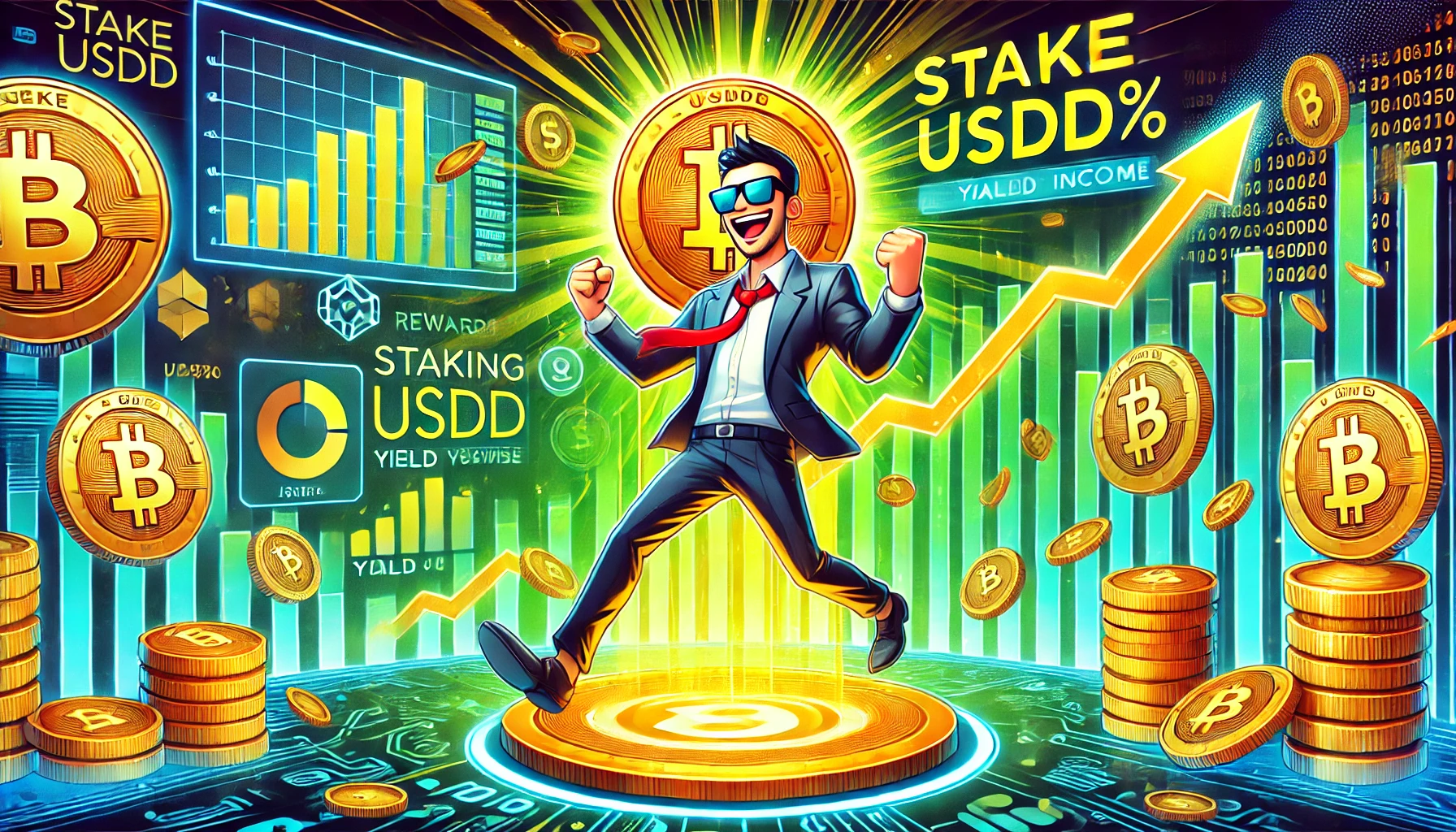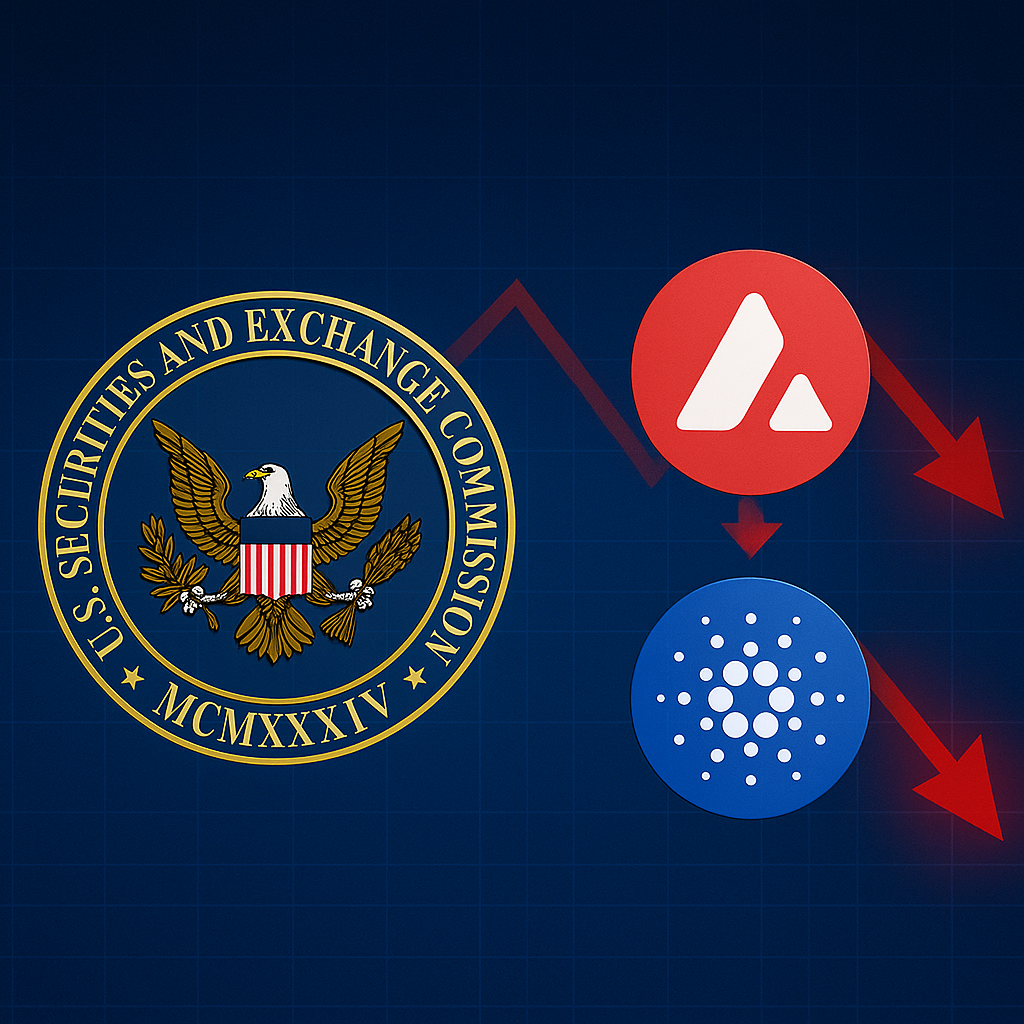Donald Trump’s recent backing of stablecoins may have little to do with advancing blockchain technology and more to do with economic strategy, according to Mateusz Kara, CEO of European crypto payments leader Ari10.
The introduction of USD1—a new dollar-backed stablecoin associated with Trump and his family—might seem like a milestone in mainstream crypto adoption. Given his vocal support for the industry, it appears to be a natural move. However, Kara believes the initiative serves a much larger purpose: a strategic effort by the U.S. to reshape global debt markets.
“I find it hard to believe that Trump has suddenly developed a deep appreciation for blockchain and stablecoins,” Kara stated in a message to the crypto news agency. “The real goal behind strengthening the stablecoin market is to turn the world into a more receptive marketplace for U.S. bonds.”
Kara explains that the process behind this financial strategy is both straightforward and effective. Platforms issuing stablecoins like USD1 must acquire U.S. dollars and invest in short-term treasury bonds. This, in turn, establishes a decentralized global network for distributing American debt.
“It’s essentially a new mechanism for expanding the reach of the U.S. dollar,” he said. “By increasing demand for U.S. bonds, this approach allows the country to borrow more affordably.”
USD1 Enters the Competitive Stablecoin Arena
Launched on March 25 by World Liberty Financial—a decentralized finance venture linked to the Trump family—USD1 is the latest entrant in the rapidly expanding stablecoin market. Pegged 1:1 to U.S. treasuries, cash equivalents, and deposits, the token operates on both Ethereum and Binance Smart Chain. According to CNBC, the project has already secured over $500 million in funding and attracted 85,000 verified users.
The stablecoin sector has surged by more than 46% over the past year, with major players like Tether, Circle, PayPal, and Ripple vying for market dominance. U.S. Treasury Secretary Scott Bessent recently emphasized the strategic importance of stablecoins, stating they will play a crucial role in maintaining the U.S. dollar’s position as the world’s leading reserve currency.
The Implications for Europe
The introduction of USD1 should serve as a wake-up call for European financial markets, warns Mateusz Kara.
“Europe must strengthen its euro-backed stablecoin ecosystem,” he emphasized. “If it fails to do so, dollar-based stablecoins will dominate the digital economy, leaving the euro at a disadvantage.”
Kara also underscored the importance of regulatory advancements, pointing to the EU’s MiCA framework as a crucial step toward fostering a secure and competitive stablecoin landscape. While investor trust has been shaken by high-profile hacks and exchange failures, he believes that well-structured regulations can restore confidence by ensuring transparency and security.
At its core, USD1 may be less about advancing crypto adoption and more about extending U.S. financial influence. By integrating dollar-backed stablecoins into the global financial system, the U.S. could create an alternative channel for distributing its debt—one that operates beyond traditional banking systems and expands the dollar’s reach in a seamless, programmable manner.
Europe’s ability to respond, Kara cautions, will determine its role in the evolving financial landscape.
“Stablecoins are no longer just a crypto asset,” he said. “They are becoming instruments of global monetary policy.”






